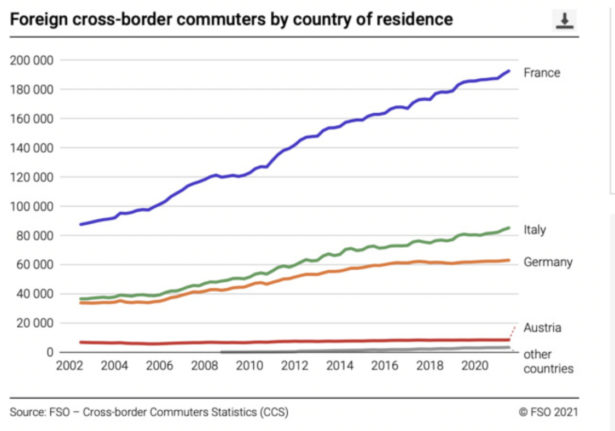Some people in need of a new job postpone their search until after summer vacations, believing that nobody in Human Resources (HR) is going to be in the office to handle their applications and interviews anyway.
While it is true that a lot of people — including those working in recruitment and HR departments of various companies — take at least part of their annual leave in July and August, this doesn’t mean that the whole Swiss economy shuts down during the entire summer.
In fact, this summer remains an active recruitment time in Switzerland. According to the Michael Page Swiss Job Index, over 200,000 jobs are advertised every month during this time.
This is all the more pertinent this year, as Switzerland’s economy has recovered so well from the Covid pandemic that it has more job vacancies than candidates to fill them; many industries throughout the country are looking for qualified workers and having difficulties finding them.
The consensus among recruitment agencies and industry associations is that the highest number of vacancies is currently in the IT and catering sectors, as well in healthcare, construction, and retail.
READ MORE: Which jobs are in demand in Switzerland right now – and how much can you earn?
One advantage of applying for a job in summer is less competition: since many people believe July and August are ‘dead’ in terms of recruitment, fewer CVs are sent out and yours will have more chances of getting noticed.
Another is that you may get an interview sooner because this period is also calmer and less stressful for HR people.
Is it better to wait until the summer break is over to apply?
“The highest number of job advertisements is posted in February and September”, Stephan Surber, Senior Partner, Page Executive (a sister brand to Michael Page), told The Local.
“In these months, we typically see an increase of 6 to 7 percent in the level of advertised jobs”, he added.
This does seem to suggest that usually the employment market in Switzerland picks up after the holidays — Christmas / New Year and summer vacations.
The slowest time of the year for a job search is between mid-December and mid-January, according to Surber.
A lot also depends on the kind of position you are seeking, as some industries and professions experience stronger demand at certain times of the year.
“For example, demand for accountants and financial controllers increases ahead of key reporting periods — mid and year-end”, Surber pointed out.
For the bank employees, new job searches are strongest around the bonus time of February to May.
“Others, such as the IT sector, have sustained high demand since the pandemic helped accelerate digital transformation programmes across most parts of the economy”, he said.
READ MORE: Five official websites to know if you’re planning to work in Switzerland




 Please whitelist us to continue reading.
Please whitelist us to continue reading.
Member comments